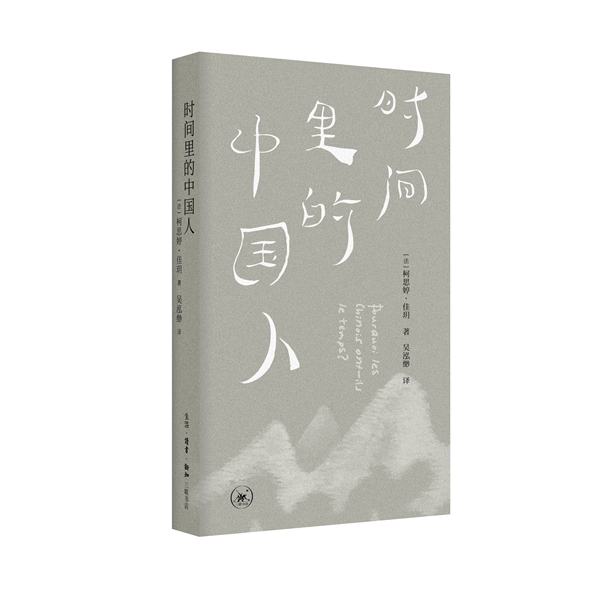 |
|
Chinese people in the Time.[Photo provided to China Daily] |
Time waits for no man, or woman, as the saying goes but it can be managed differently. Certainly, after living in Beijing for 18 years, Christine Cayol, French writer and founder of Yishu 8 Maison des Arts, believes that Chinese people have an approach to time that is beneficial. Indeed, their understanding of time might be a remedy for modern-day stress.
On Nov 28, a meet-and-greet event with Christine Cayol, author of Pourquoi les Chinois ont-ils le temps (Why Chinese People Have Time) was held at the SKP Rendezvous bookstore during which she shared her experience and thoughts on Chinese perception of time. The book launch attracted more than 100 people. Former Ambassador of China to Luxembourg Shi Yanhua also attended.
The Chinese version of the book was published in October by SDX Joint Publication Company. Cayol named it Chinese people in the Time in the Chinese version because, from her perspective, time is a linear concept for European people, but is like waves in Chinese people's eyes, moving back and forth. "Chinese people in time are just like fish in water," she says.
Sometimes Western people find the Chinese too relaxed, while Chinese people feel that Westerners are too rushed, but sometimes it is the other way round. Through this book, the readers might be able to learn how to play around with what Cayol calls "the agility of Chinese time".
After the Renaissance, especially since the Industrial Revolution, time seems to have become an enemy of human beings in the Western world, and people always want to control the time. Now China is developing very fast, but Cayol has discovered a different view of time in its culture. She believes that the Chinese know how to align with time, and she explained it in the book by Chinese traditional and contemporary arts.
In Fishing Alone in the Cold River painted by Ma Yuan of the Song Dynasty (960-1279), a fisherman is waiting for the fish to bite, from which Cayol sees that Chinese people are patient but vigilant for opportunities. And from the Chinese young artist Huang Xiaoliang's work Wade Across the River by Feeling the Stones, Cayol perceives the wisdom of observing and trying while still moving forward.
The traditional Chinese story Chuang Chou Dreaming of a Butterfly also inspired Cayol that taking a rest or emptying the mind is not a waste of time, but a way to let imagination develop. We need imagination and courage to innovate. "My children once told me they were bored and had nothing to do. And I replied: just stay bored and do nothing," Cayol laughs. "It's the spiritual time."